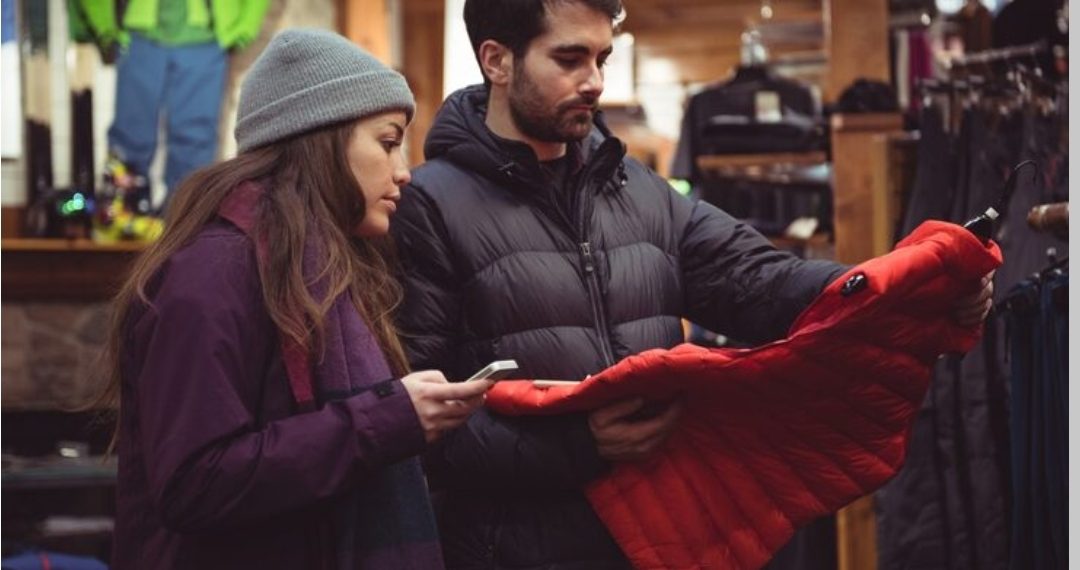In the fast-changing world of fashion, few brands manage to stand for something real. Always Do What You Should Do started not just as a label but as a reminder. The name itself carries a message about action, discipline, and authenticity. What began as a small idea in the UK soon grew into a global conversation about purpose and responsibility — both in life and in fashion.
The founder’s vision was clear from the start: build a clothing brand that means something beyond aesthetics. Every piece reflects intention. Every design tells a story. In a marketplace full of logos and trends, Always Do What You Should Do represents a deeper call — to act with integrity and to stay true to what matters.
Table of Contents
Turning a Message into a Brand
Many fashion startups struggle to define their identity. This brand took a different approach. It started with a message, not a product. The phrase “Always Do What You Should Do” resonated with people because it challenged them. It wasn’t just clothing — it was motivation in fabric form.
As the message spread, the brand’s growth followed naturally. Early adopters didn’t just buy joggers or hoodies. They bought into the philosophy. That emotional connection became the foundation of its success. In an age when consumers value authenticity, Always Do What You Should Do stood out for having a purpose at its core.
The Role of Authentic Storytelling
One of the main reasons behind the brand’s success is its storytelling. The founders didn’t create glossy ads or celebrity endorsements at first. Instead, they focused on real people. Artists, skateboarders, and streetwear enthusiasts became the voice of the brand.
Each campaign captured the raw, urban energy of everyday life — the grind, the choices, and the hustle. This honest storytelling built trust. Consumers could feel that the brand wasn’t pretending. It was speaking their language. That honesty transformed it from a small idea into a recognizable name across the UK and beyond.
The Business Behind the Message
Purpose is powerful, but without strategy, it’s hard to sustain. Always Do What You Should Do balanced meaning with smart business decisions. Their focus on limited edition drops and high-quality materials created a sense of exclusivity. It made each piece special and boosted customer loyalty.
At the same time, they stayed lean in operations. Direct-to-consumer sales allowed the brand to maintain control over design, messaging, and pricing. Instead of chasing mass production, they built a model that valued longevity and creativity over volume. That business discipline mirrors the brand’s message — doing what you should, not what’s easiest.
Building a Loyal Community
Community is at the heart of any modern brand, especially in fashion. Always Do What You Should Do, and MF Doom Merch understood this early. Their audience wasn’t just buying clothes. They were joining a mindset. Through social media, local pop-up events, and collaborations, the brand created spaces where people felt connected.
Fans started using the phrase in their daily lives, as motivation for work, art, or personal growth. That emotional bond gave the label a strong base of loyal customers who supported every new drop. It also turned buyers into brand advocates — a powerful form of organic marketing.
The Brand’s Impact on the Fashion Industry
In the broader fashion landscape, Always Do What You Should Do represents a shift. For years, brands have focused on luxury or hype. This one brings value back to purpose. It’s not just about looking good but feeling aligned with what you wear.
This philosophy has inspired other emerging designers to build more meaningful labels. The fashion world now sees purpose as a business strategy, not a marketing slogan. Always Do What You Should Do proved that purpose and profit can coexist — when built on honesty and quality.
Challenges on the Road to Success
Like any growing business, the brand faced challenges. Scaling without losing authenticity was one of the biggest. Maintaining consistent quality while meeting demand tested the brand’s principles. But instead of compromising, they adapted.
They invested in better manufacturing partnerships and transparent sourcing. They also improved their online shopping experience to make sure customers worldwide could access their collections without losing that personal feel. These steps helped sustain growth while keeping the brand’s message intact.
The Power of Purpose in Entrepreneurship
In today’s market, entrepreneurs often chase trends to grow fast. But Always Do What You Should Do is proof that values can be just as powerful as virality. Building a purpose-driven business might take longer, but it creates something more lasting.
The brand’s journey shows how aligning vision, message, and product can transform a small streetwear idea into a global symbol of authenticity. It’s not about perfection. It’s about persistence — doing what you should, consistently.
FAQs
What inspired the name Always Do What You Should Do?
The brand name reflects a life philosophy about discipline, responsibility, and action — values that guide both the founders and their audience.
How does the brand maintain its authenticity while growing?
By staying true to its message, producing in limited quantities, and keeping full creative control over designs and storytelling.
Is the brand only focused on streetwear?
While rooted in streetwear culture, its influence extends to lifestyle and personal development, blending fashion with meaning.
What business strategy helped it stand out?
Limited edition drops, high-quality materials, and strong community engagement helped the brand balance exclusivity and accessibility.
What can new entrepreneurs learn from this journey?
Start with a purpose, build around it, and never trade authenticity for speed. True growth happens when your mission connects with your audience.
Final Thoughts
Always Do What You Should Do is more than a brand. It’s a mindset turned into a movement. Its growth story proves that business success can be built on purpose, not just profit. For entrepreneurs, it’s a reminder that staying true to your message isn’t a limitation — it’s your biggest advantage.

